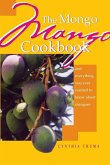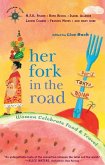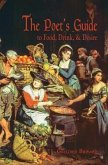Columbus stumbled upon the New World while seeking the riches of the Orient, yet native peoples of the Americas already held riches beyond his knowing. From maize to potatoes to native beans, a variety of crops unfamiliar to Europeans was being cultivated by indigenous peoples of the Americas, with other foods like chilies and chocolate on hand to make diets all the more interesting. Chilies to Chocolate traces the biological and cultural history of some New World crops that have worldwide economic importance. Drawing on disciplines as diverse as anthropology, ethnobotany, and agronomy, it focuses on the domestication and use of these plants by native peoples and their dispersion into the fields and kitchens of the Old World: tomatoes to Italy, chili peppers throughout Asia, cacao wherever a sweet tooth craves chocolate. Indeed, potatoes and maize now rank with wheat and rice as the world's principal crops. "The sweetness of corn on the cob is sweeter for knowing the long, winding way by which it has come into one's hands", observe Foster and Cordell. Featuring contributions by Gary Nabhan, Alan Davidson, and others, Chilies to Chocolate will increase readers' appreciation of the foods we all enjoy, of the circuitous routes by which they have become part of our diets, and of the vital role that Native Americans have played in this process.
Hinweis: Dieser Artikel kann nur an eine deutsche Lieferadresse ausgeliefert werden.
Hinweis: Dieser Artikel kann nur an eine deutsche Lieferadresse ausgeliefert werden.

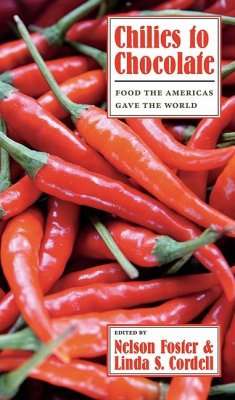
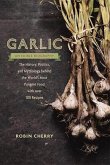

![The Story Comes Alive: A Guide to Experiencing Movies and Characters at Walt Disney World [Volume Three: Disney Classics: 1940s-1990s] The Story Comes Alive: A Guide to Experiencing Movies and Characters at Walt Disney World [Volume Three: Disney Classics: 1940s-1990s]](https://bilder.buecher.de/produkte/58/58410/58410034m.jpg)
